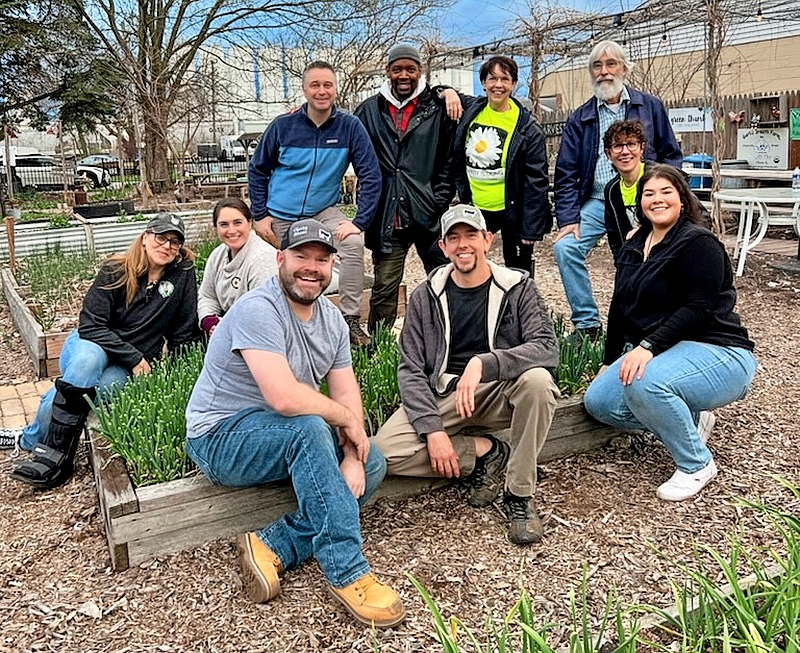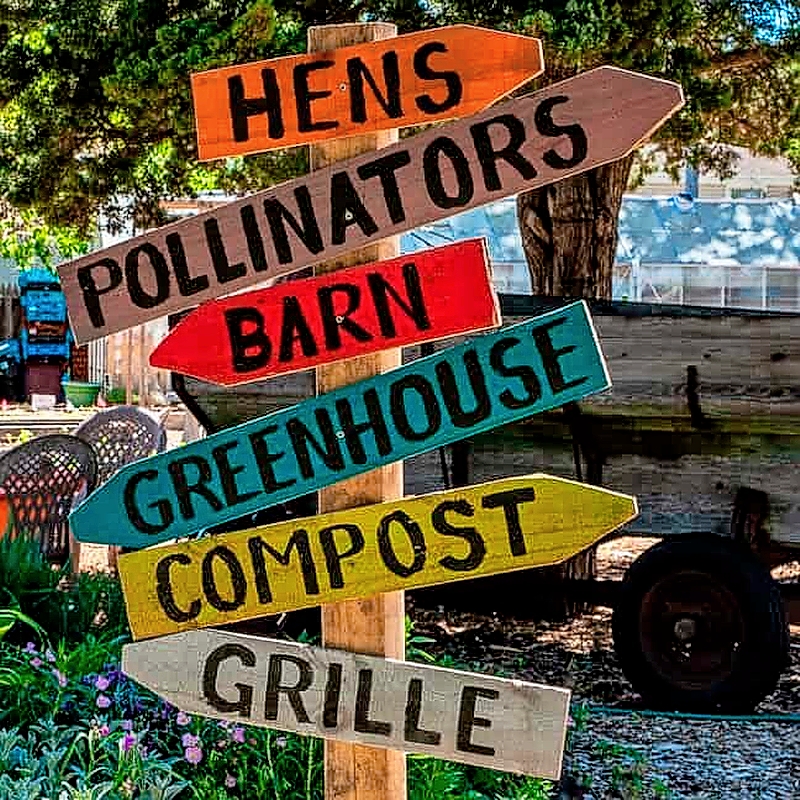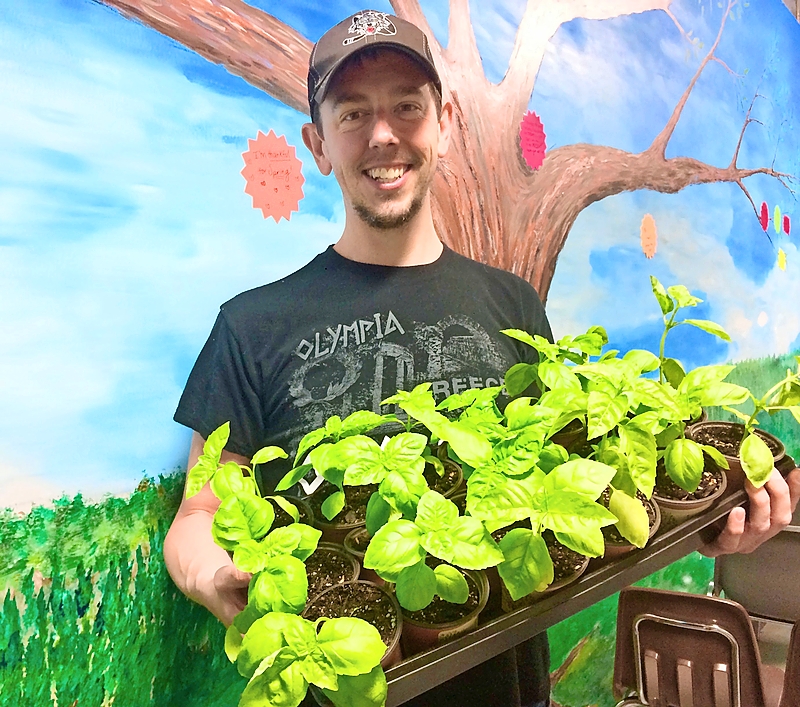Growing for Good
By Mark Loehrke
Appears in the August 2024 issue.
Charity Blooms works to nourish the community—from the ground up

Robert Vaughan isn’t trying to come off as clever or coy when he says he and his colleagues didn’t really have a plan—or even much of a clue, for that matter—when they got together to establish an agriculture-focused charitable organization back in 2017. Vaughan was just tired of what he saw as waste and ineffectiveness across the nonprofit landscape over his 20-plus years of volunteering and decided he wanted to try and do a better job of it. But what should be the focus of this nascent mission? Having always enjoyed the outdoors and playing in the dirt growing up, Vaughan decided to try his hand at community gardening, and the seed of what would become Charity Blooms was planted.

“I just wanted to be part of something more directly impactful in my community, and I knew my only option was to start my own business,” he reflects. “And farming sounded fun. It would be something that would satisfy me both physically and mentally, and the best part was that the fruits of my efforts would help feed the community. That said, our directors all come from different backgrounds, with full-time jobs in construction, transportation, biology, and finance—we truly have no experience in agriculture. Charity Blooms was really just created to be a fun hobby for us to do together in our spare time.”
But just like in farming, you never know when a bumper crop may be coming. That first year in 2017, Charity Blooms consisted of just Vaughan and three compatriots who scuffled and tried and failed and tried again to eventually grow 600 pounds of vegetables to deliver to local food pantries. Fast-forward six years and the group has blossomed into an organization of more than 450 volunteers who collectively grew more than 5,000 pounds of fresh produce in 2023, adding to a total that exceeds more than 21,000 total pounds of donated food since its founding.

Most of that farming since 2018 continues to be done at the half-acre Marie’s Urban Farm, the community garden at the Marie Wilkinson Food Pantry (835 N. Highland Ave., Aurora), where Vaughan and his group have built up a once vacant and weed-choked lot into a thriving space featuring everything from a greenhouse and outdoor kitchen (where the organization hosts free cooking classes) to pollinator gardens and a butterfly education area (as well as a handful of chickens and rabbits). It is here that the mission of feeding the community continues, as volunteers from across the area come together to grow dozens of types of herbs and vegetables (many of which have won awards at the Sandwich Fair over the years) and this season have started to experiment with honey production.

As Charity Blooms continues to cultivate new projects, Vaughan has been amazed to see how a simple idea, not all that well thought-out, has grown and flourished over the past seven years. And he and his fellow founders are excited to see where it goes next—and, more importantly, how many people it can impact along the way.
“This is no longer a hobby for us—we have people who depend on our processes and contributions,” Vaughan says. “It’s not just about the food we grow—it’s about the relationships we build, the programs we teach, the lives we touch and the change we create. I never could have imagined how this would have evolved. There really was no plan to start, and there probably never will be. And I wouldn’t have it any other way.”
For more information, visit charityblooms.org.
Photos: Robert Vaughan


